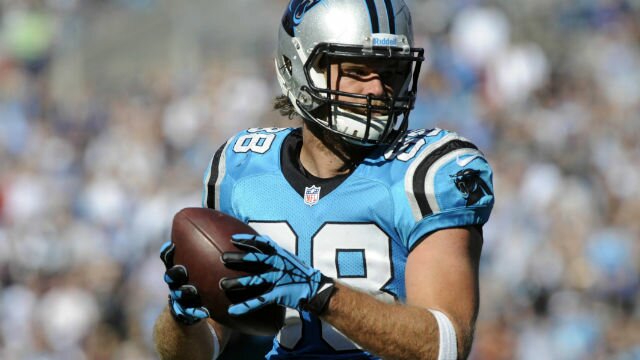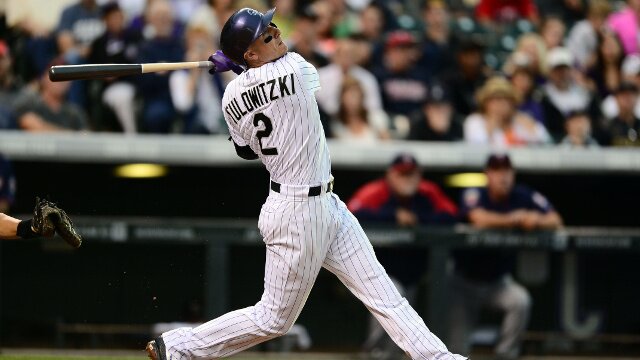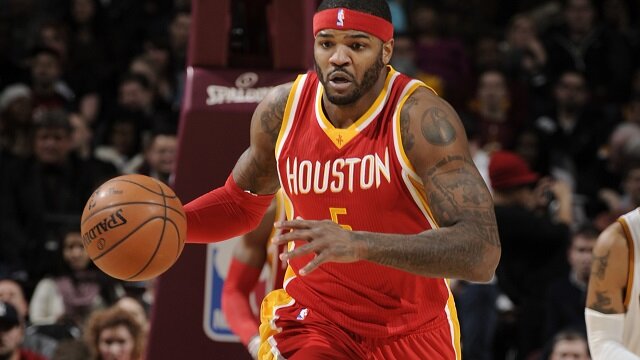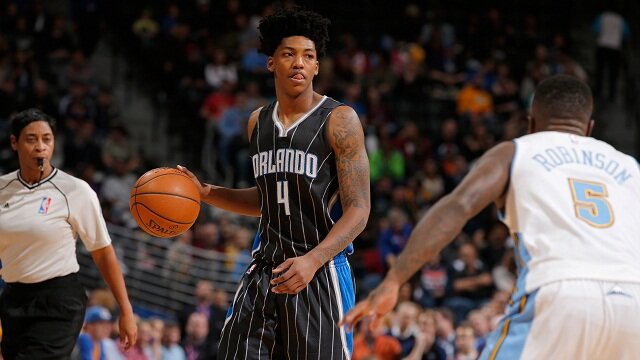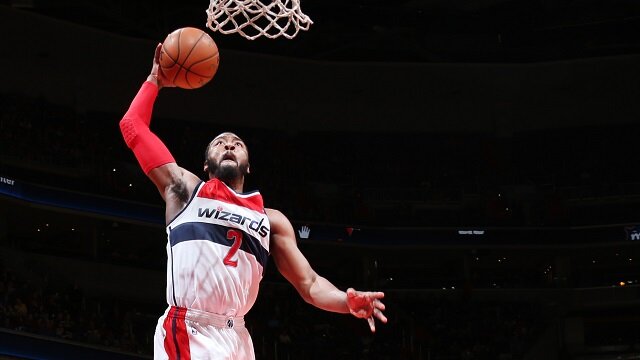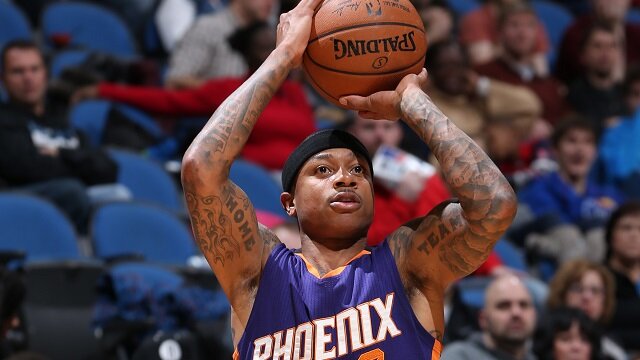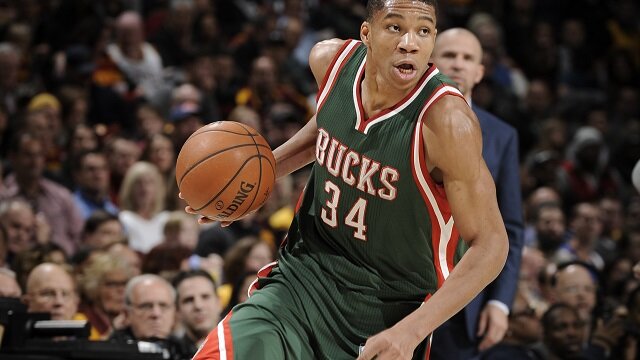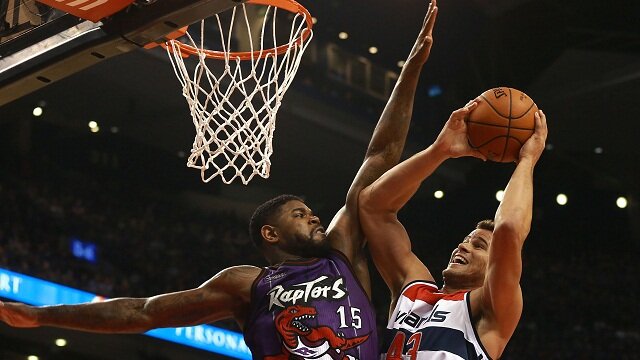Fantasy Football Strategy: Drafting 2 Kickers is Not Such a Bad Idea
People seem to be caught up on the old adage that you shouldn’t draft two kickers on your fantasy squad. Why? Because you’re “wasting” a pick on a kicker who won’t play every week. Well, if you pick the fourth-string wide receiver of [insert team name here] because he has great upside but isn’t even guaranteed to play, you’re wasting just as much. So why not pick a backup kicker for yourself? There’s a multitude of reasons to draft that second kicker in the last round.
Remember Nick Kaeding in 2011? Or what about Garrett Hartley that very year? Both of these players were highly sought after kickers entering that season, only to miss the majority of the season before it even started (and it’s happened to numerous other kickers as well). That left GMs who drafted them as early as the 12th round scrambling to find a replacement. Now, of course, they could pick up said players’ replacement, but they are hardly of the same quality. But why is this important — since so many analysts think that kickers add little value to your team?
Times have changed — fans and analysts both agree on this. The league is much more high scoring than it used to be. That’s why people are more willing to pick quarterbacks early in the draft than in years past. There’s an influx in scoring all around, and that includes an increase in kickers production. Kickers are no longer that extra player on your squad; they often score more than your second-string WR or RB, and in many cases, are more productive than your starting TE.
Looking at NFL.com’s projections, the top 15 kickers are all projected to score more than every TE except Jimmy Graham. That means that even in a 12-team league, you’ll have extra starter-worthy kickers. But in that range of kickers you have some more exceptional ones like Stephen Gostkowski who can help you out even more.
But even if your have an elite kicker, having a backup will help you tremendously. In all likelihood, you’ll only start that backup during your starter’s bye week, but even that is beneficial — each game matters. And if you don’t score a top kicker, you’re even the wiser if you were to draft two kickers.
There’s only a four kickers who will consistently give you double-digit figures. After that, you have a slew of kickers who rake in about 120-130 points over the season’s course. Certainly not numbers to snark at, because they are more impressive than many WRs and the like. But what is most important with kickers is not the total, but the consistency.
Say, for example, you pick Robbie Gould, he will be a good performer for you depending on the matchup and weather. Since he plays in Chicago half of the time, the wind can be a factor . He might give you four points that day when the wind reaches over 30 mph. But other days when the offense is projected to roll, he’ll give you upwards of 15 points. Any kicker really.
What drafting another kicker does is optimize your chance at having the best week you can have on a consistent basis. One day Dan Bailey may be playing against a tough outdoor team’s defense and will only have a few attempts at a field goal, and possibly an extra point attempt. But if you have, say, Rob Bironas as your backup who is playing the Jacksonville Jaguars on a sunny day, you’d more likely add points with Bironas even though Bailey is typically the better play.
It’s time to stop discriminating kickers as if they are a throwaway player. They’re only throwaways when they don’t produce for you every week. Having two kickers doubles your chances of having a productive kicking day. Besides, what good does one bench player have over another if they’re both on the bench? There isn’t any, aside from ability to play another week, and your backup kicker will have far higher chance of playing than any backup you have in case of a player’s injury.
Also: taking a second kicker makes the odds of your opponent having kicking success even less. It’s a win-win situation.
Fantasy Baseball 2015: Shortstop Value Is Sparce
In fantasy baseball, some positions have more depth than others. Unfortunately, the shortstop position is on the wrong side of that battle. Find out more here. Read More
NBA FanDuel: 5 Centers Only Worth Playing In GPP
These five centers should be used for GPP format in NBA FanDuel -- not (non-tournament) cash games. Read More
Ideal NBA FanDuel Lineup for Jan. 11
Here's what the perfect NBA FanDuel lineup looks like for Jan. 11. Read More
NBA FanDuel: 5 PFs Only Worth Playing In GPP
These five PFs are only worth playing in GPP format on FanDuel, but not non-tournament cash games. Read More
The Perfect NBA FanDuel Lineup For Jan. 10
There is a decent schedule of seven NBA games tonight and this is one of the ways that you can build the perfect FanDuel lineup for it. Read More
NBA FanDuel: 5 SFs Only Worth Playing In GPP
These five SFs should on be played in GPP formats on FanDuel -- not (non-tournament) cash games. Read More
Top 5 Bargains On NBA FanDuel For Jan. 9
With a huge slate of 11 NBA games, there are plenty of bargains on FanDuel. These are the top five "bang for your buck" options on Jan. 9. Read More
The Perfect NBA FanDuel Lineup For Jan. 9
With a big slate of 11 games, there are numerous ways to build the perfect NBA FanDuel lineup on Jan. 9. Here's one possibility. Read More
NBA FanDuel: 5 PGs Only Worth Playing In GPP
These five point guards are only worth playing in GPP format on FanDuel, not cash games. Read More
5 Shooting Guards To Only Ever Play In GPP Format
These five SGs should only be played in GPP format in NBA FanDuel. Read More
Top 5 Most Valuable TEs For NFL Divisional Round
Some big names could come up short in the Divisional Round, so these value tight ends are must-starts this weekend. Read More
Top 5 NBA FanDuel Bargains On Jan. 8
After getting hit with a storm of 13 games yesterday, it's just a light sprinkle of three games tonight with these top five NBA FanDuel bargains to choose from. Read More
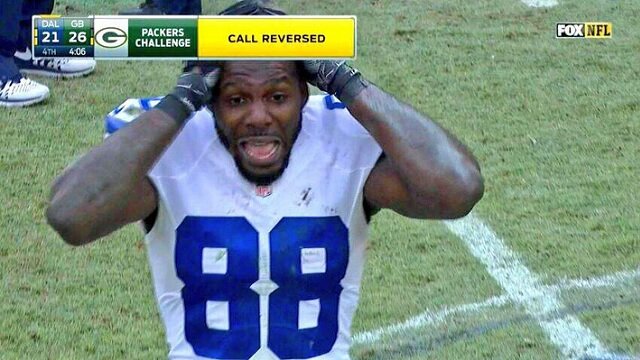
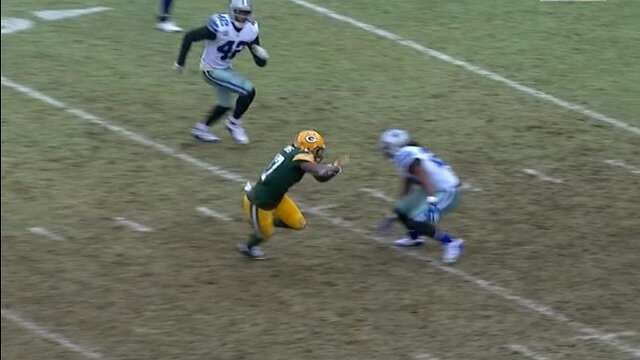

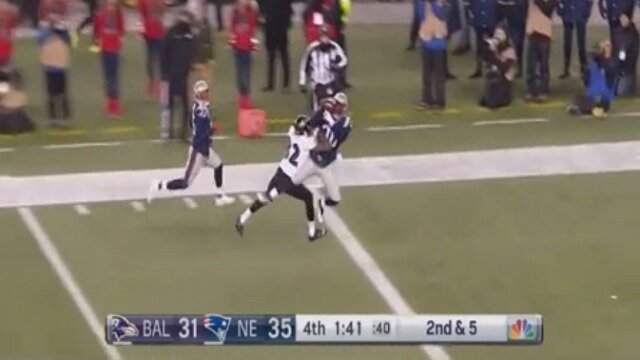
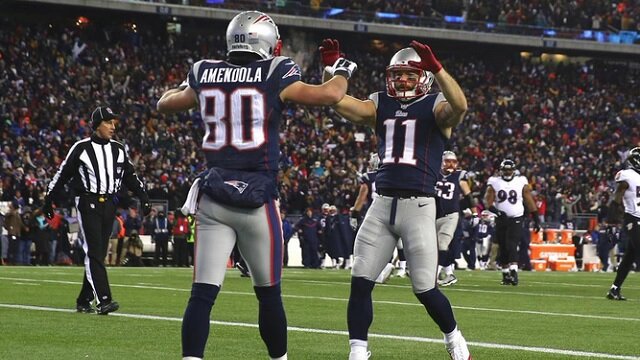
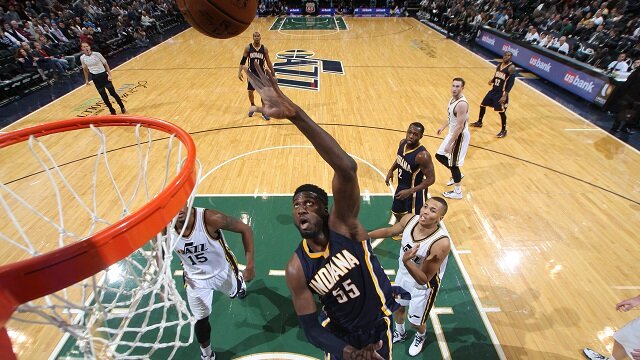
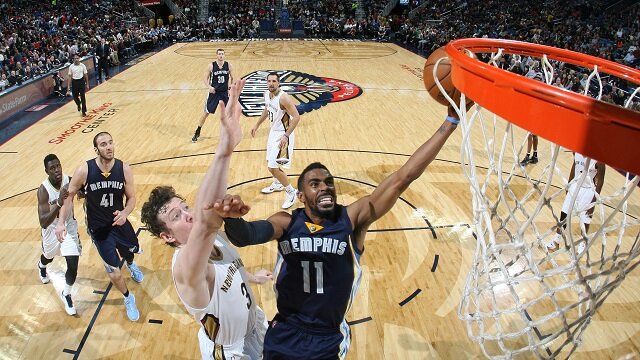
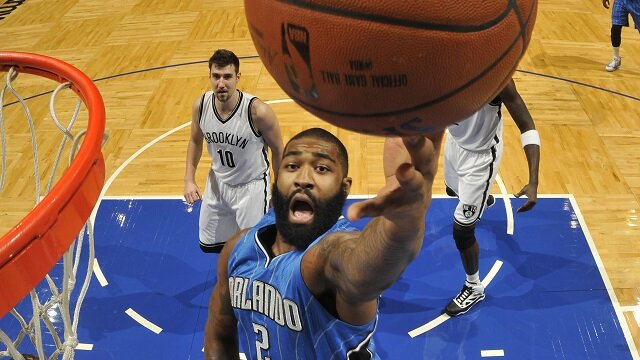
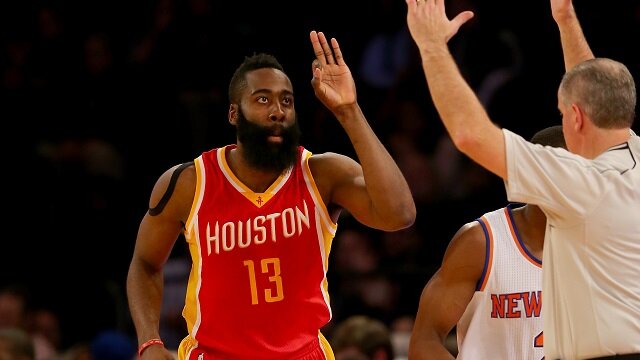
 @SicEm18
@SicEm18 
